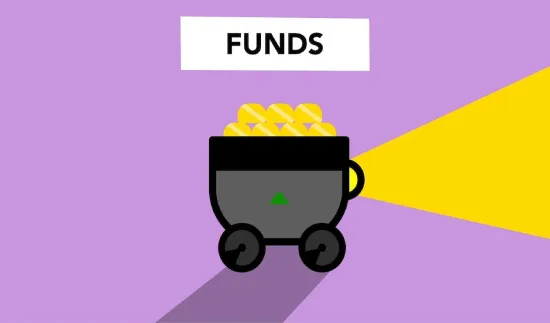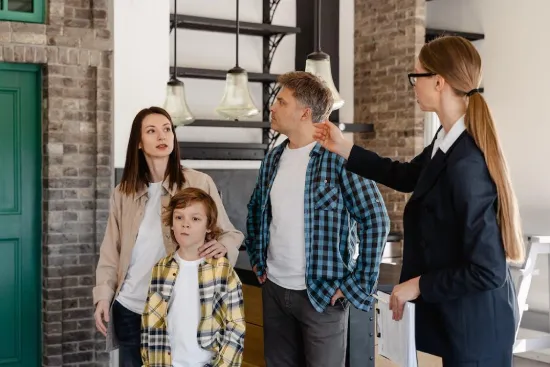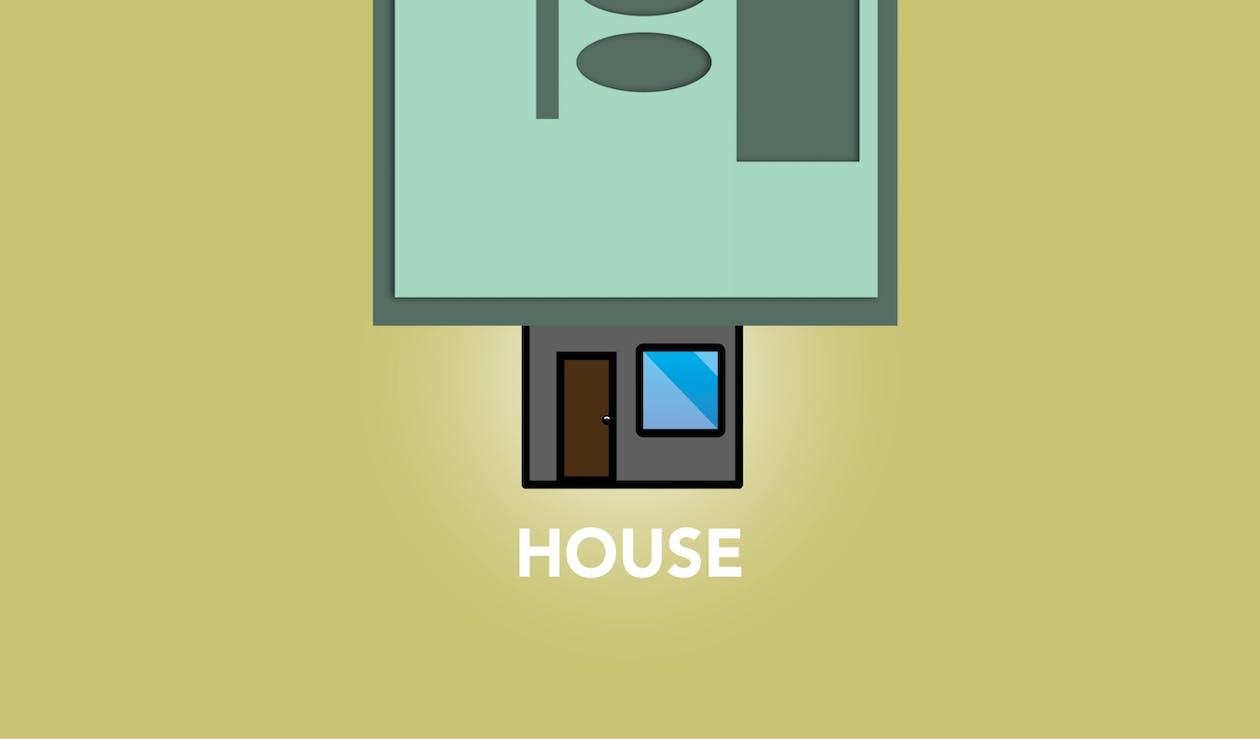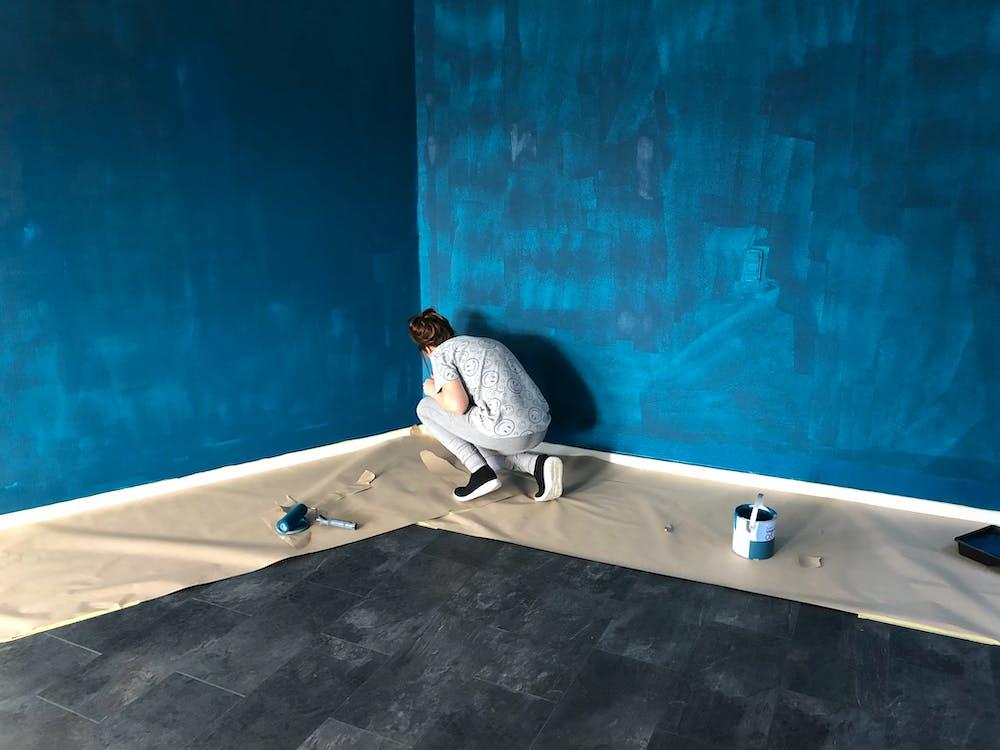An inspection or a home inspection is a detailed examination of a property by a licensed professional that checks a property’s structure, condition, appliances, and heating, cooling, plumbing, and electrical systems to see if there are any problems. These inspections are quite common before buying a property.
They are more common in single-family homes than they are in co-ops and condos. That’s because, in an apartment building, many of the things that inspectors check for are common, and maintaining them is the board’s responsibility. In addition, most condos and co-ops in NYC are “as-is” condition, meaning nothing will be repaired or renovated by the seller.
The trend is changing, and many apartment buyers in NYC now get their co-op or condo apartments inspected as well. Major problems, like an old roof or boiler, may indicate upcoming additional expenses (like an assessment).
Buyer vs. Seller: Who Gets A Home Inspection?
Buyers are mostly the ones that get a home inspection. That’s because even if a seller got the property inspected and fixed some or all of the issues, the buyer should get more peace of mind with their own inspector.
How Long Does An Inspection Take?
Inspections usually take somewhere between one to three hours. It depends on the condition and size of the property. New apartments may take an hour at most, whereas large brownstones may take upwards of three hours.
How Does An Inspection Impact The Buyer And The Seller?
No property, even the newly constructed ones, is in perfect condition with zero flaws and problems. Therefore, almost all inspections reveal some issues in the property that should be fixed. Well-maintained properties have fewer such issues, while rundown properties may have several different problems.
Even more important than the number of problems is the cost to fix it. Several minor problems may only cost a couple of thousand dollars to fix, but one or two significant problems, like structural issues or specific plumbing problems, may cost thousands of dollars or more to fix.
If an inspection reveals a problem, a buyer can ask the seller to fix it, lower the asking price, or offer a seller credit for repairs. That usually means the seller covers some or all of the cost of the repairs while the buyer gets the repairs done their way. If there is a clause in the purchase agreement that allows the buyer to back out of the deal with their deposit in case an inspection reveals serious issues, the buyer can choose to do that as well. However, most sellers want the inspection to be done prior to getting into contract so that more time isn’t wasted in case the buyer backs out due to the findings of the inspection report.
Problems revealed during an inspection can prevent the deal from going through, which is more problematic for sellers than buyers. So the seller may try to come up with an arrangement that works for both—getting the repairs done seems like a good option. Still, not all buyers prefer it since they may have different standards in mind for the repairs than the seller is willing to pay for on a property that they are selling.
Inspection In Condos And Co-ops
Inspection in condos and co-ops may be slightly different from each other and are very different from a single-family home. That’s because many of the items the inspector checks for may not be in the apartment but in the common areas of the building, and the board or building management has the right to refuse the inspection of the common areas.
Further complicating the matter is that even if the inspection reveals certain problems, if they are the building management’s responsibility, the buyer may not have much room to negotiate with the seller.















